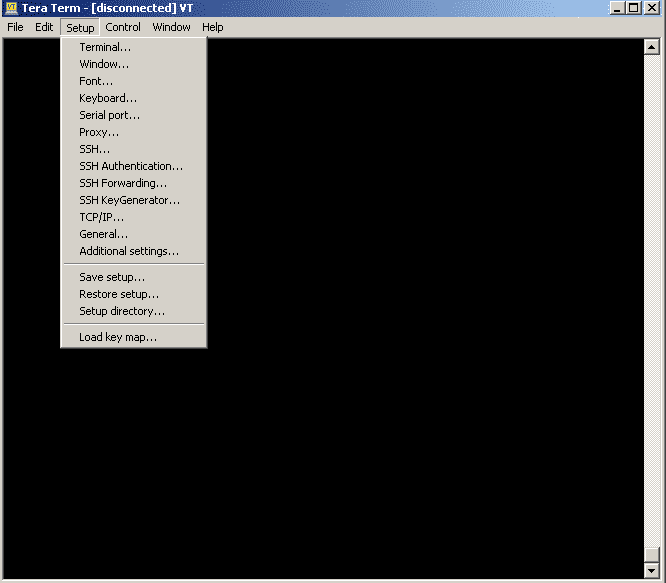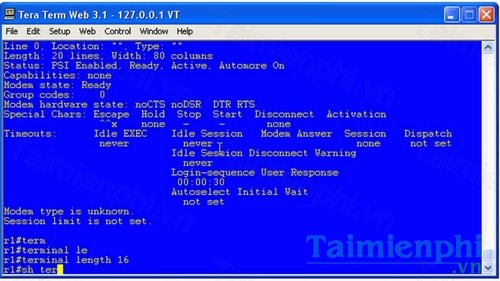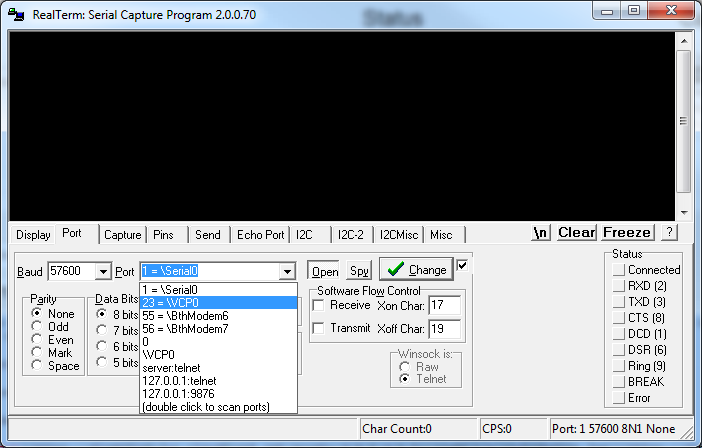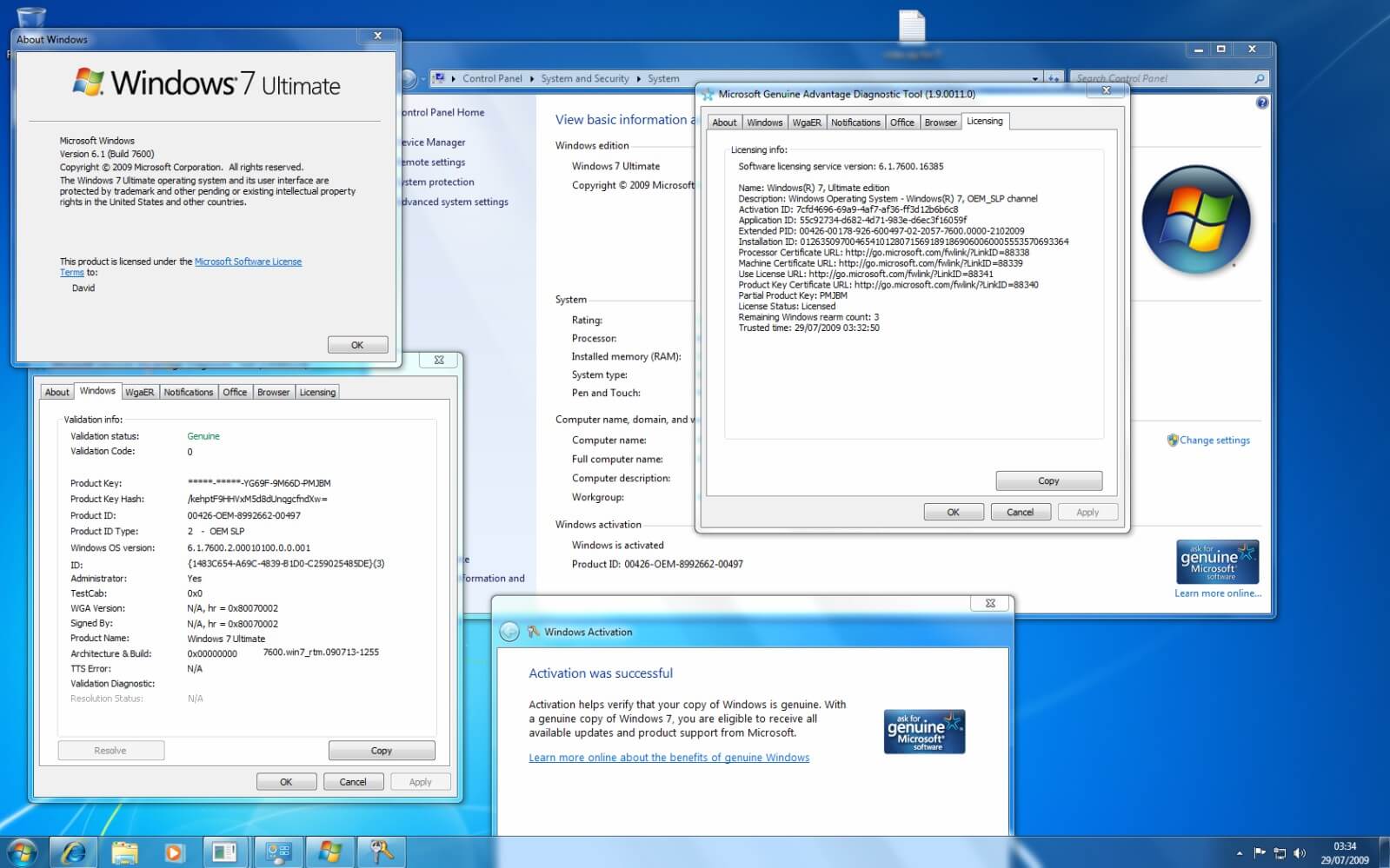
- #TERA TERM WINDOWS 7 HOW TO#
- #TERA TERM WINDOWS 7 SERIAL#
- #TERA TERM WINDOWS 7 FULL#
- #TERA TERM WINDOWS 7 FREE#
Transmit (TX) - Also known as Data Out or TXO. Just remember that all the links in your chain of communication have to be "speaking" at the same speed, otherwise data will be misinterpreted on one end or the other. 9600 is the standard rate, but other speeds are typical amongst certain devices.
#TERA TERM WINDOWS 7 SERIAL#
ASCII charts are very helpful when working with serial terminals.īaud Rate - In short, baud rate is how fast your data is being transmitted and received.
#TERA TERM WINDOWS 7 FULL#
It highly recommended that you read that page as well to get the full picture.ĪSCII - Short for the American Standard Code for Information Interchange's character encoding scheme, ASCII encodes special characters from our keyboards and converts them to 7-bit binary integers that can be recognized by a number of programs and devices.

Many of these terms are covered in a lot more detail in our Serial Communication tutorial. Here are some terms you should be familiar with when working within a serial terminal window.
#TERA TERM WINDOWS 7 HOW TO#
For now, just know how to distinguish between the two. We will go over how to create a serial terminal connection within a command line interface later in this tutorial. Regardless, you can perform some of the same tasks in a command prompt that you could also perform within a terminal window, but it doesn't work the other way around you cannot issue command line statements within a terminal window. Hence the confusion when using that word. In Mac OS, the command prompt is even called Terminal. Terminal vs Command LineĪ terminal is not a command prompt, though the two are somewhat similar. However, this tutorial will not cover these features. Many have network communication capabilities such as telnet and SSH. It is also worth noting that many terminal programs are capable of much more than just serial communication. Just know that means to open whichever one of these terminals programs strikes your fancy. And, often, when reading other tutorials and hookup guides, you will be requested to open a terminal window. When working on a modern operating system, the word terminal window will often be used to describe working within one of these applications. Many terminals use to emulate specific types of computer terminals, but today, most terminals are more generic in their interface. For the purposes of this tutorial, just the word terminal will be used. They are known as emulators, applications, programs, terms, TTYs, and so on. Today, terminal programs are "emulating" the experience that was working on one of these terminals. Connector Basics particularly the USB section.
#TERA TERM WINDOWS 7 FREE#
If you need a refresher, feel free to pop on over to these links. You should be familiar with these topics before diving into this tutorial. In this tutorial we will discuss what a terminal is, which terminal programs are best suited for certain situations and operating systems, and how to configure and use each program. There are lots of different terminal programs out there, and they all have their pros and cons. Once you have learned the ins and outs of a terminal application, it can be a very powerful tool in your electronics and programming arsenal. They allow you to see data sent to and from your microcontroller, and that data can be used for a number of reasons including troubleshooting/debugging, communication testing, calibrating sensors, configuring modules, and data monitoring. In short, serial terminal programs make working with microcontrollers that much simpler.


This tutorial is here to help you understand what these terms mean and how they form the larger picture that is serial communication over a terminal. For someone who isn't familiar with these terms and the context in which they are used, they can be confusing at times.

These are all words that get thrown around a lot when working with electronics, especially microcontrollers.


 0 kommentar(er)
0 kommentar(er)
